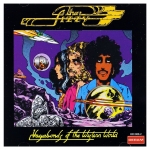 Eric Bell is the guitarist who convinced Phil Lynott and Brian Downey to join him in a band. Then he invented the name of the group: Thin Lizzy. That was December 1969, when he brought his character as a Belfast artist to the emerging Dublin scene, causing great things to happen.
Eric Bell is the guitarist who convinced Phil Lynott and Brian Downey to join him in a band. Then he invented the name of the group: Thin Lizzy. That was December 1969, when he brought his character as a Belfast artist to the emerging Dublin scene, causing great things to happen.
He was eager to explore the limits of the electric guitar, just like Jimi Hendrix and Jeff Beck. And while Eric loved his blues and jazz, he was also at home in the Dublin trad clubs. So, Thin Lizzy had a lyrical, Celtic spirit that became a template for generations of artists on the island.
He played on the first three Lizzy albums, peaking with Vagabonds of the Western World in 1973. Earlier that year, the band had scored a UK hit single with ‘Whiskey in the Jar’, their version of the ancient folk ballad. Eric had realised that he needed to pull off something special with the recording. His solution was to make his guitar sound like the uilleann pipes. He was a fan of the early Chieftains records and that was the prime influence. A magnificent fusion.
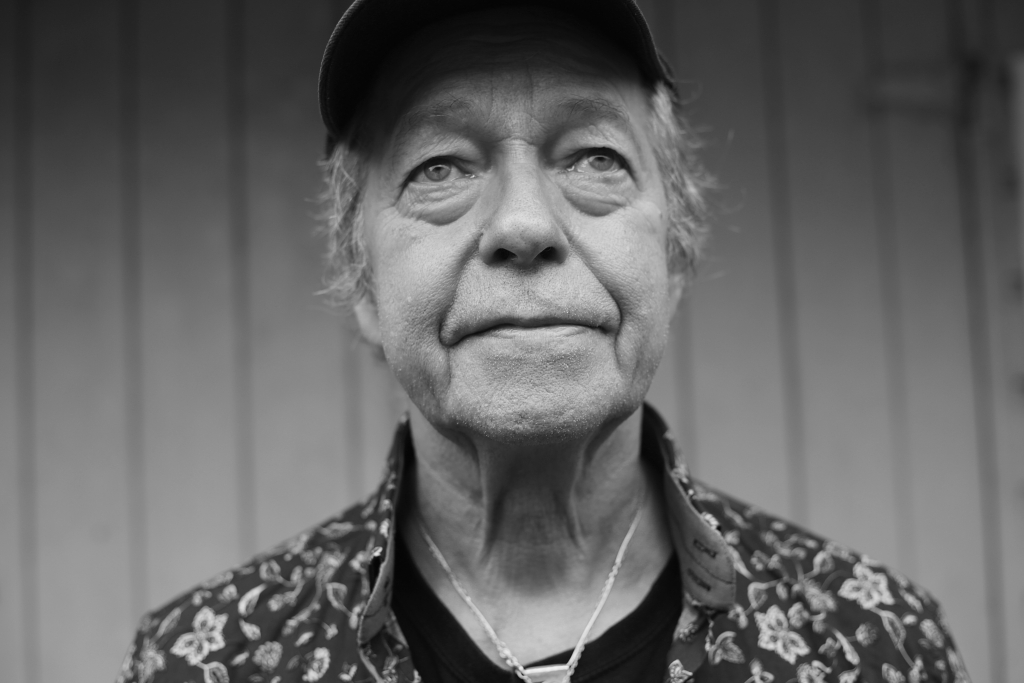
Eric Bell, 2024. Photo by Stuart Bailie
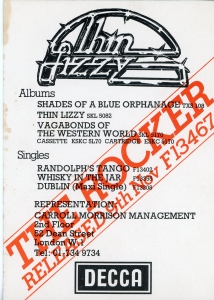 He also created the bedrock riff that became ‘The Rocker’, an early example of Thin Lizzy swagger. But Eric was also wary of the showbiz world. It reminded him of his tiresome past on the Irish showband circuit. Therefore, he parted with the band after a stressful show in Belfast, New Year’s Eve, 1973.
He also created the bedrock riff that became ‘The Rocker’, an early example of Thin Lizzy swagger. But Eric was also wary of the showbiz world. It reminded him of his tiresome past on the Irish showband circuit. Therefore, he parted with the band after a stressful show in Belfast, New Year’s Eve, 1973.
Afterwards, he guested with the likes of Noel Redding and Bo Diddley, even performing with Metallica. But much of Eric’s later work has evolved at a quieter pace, away from the headlines. A new box set, Remembering – Anthology 1996-2017, collects five of his albums. Sometimes you hear him rocking out, but often Eric is deep and reflective. He has been faithful to the music. He has endured. “It’s such an honour to be recognised in your own home town. Thank you all.”
Stuart Bailie
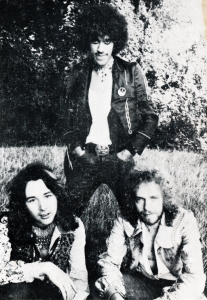 Eric Bell will receive his Legend Award at the Ulster Hall on November 13, 2024. He will also perform on the night with a special guest. This is part of the Northern Ireland Music Prize event, produced by the Oh Yeah Music Centre. Eric’s award is supported by PRS for Music.
Eric Bell will receive his Legend Award at the Ulster Hall on November 13, 2024. He will also perform on the night with a special guest. This is part of the Northern Ireland Music Prize event, produced by the Oh Yeah Music Centre. Eric’s award is supported by PRS for Music.
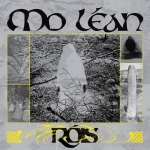 Grá mór to RÓIS and her album Mo Léan. This hidden story of the Irish keening tradition has become a shared fascination. She has liberated voices, long silenced by Church, State and Empire. A wonderful coup.
Grá mór to RÓIS and her album Mo Léan. This hidden story of the Irish keening tradition has become a shared fascination. She has liberated voices, long silenced by Church, State and Empire. A wonderful coup.





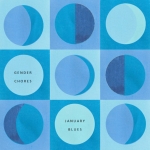
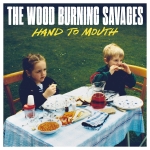 You can’t accuse The Wood Burning Savages of caring less. Every track on their second album is a retort, a legitimate wail, a Ken Loach storyline. They itemise loathing, furious at the major lies and petty cruelties. It’s a parade of militant incels, grasping landlords, party ideologues and the children of immigrants who want to outlaw a system that gave their own families a point of entry.
You can’t accuse The Wood Burning Savages of caring less. Every track on their second album is a retort, a legitimate wail, a Ken Loach storyline. They itemise loathing, furious at the major lies and petty cruelties. It’s a parade of militant incels, grasping landlords, party ideologues and the children of immigrants who want to outlaw a system that gave their own families a point of entry.  Dani Larkin sings ‘She Moved Through the Fair’, reeling with the fever and surprise in the words. It’s a story of intense attraction but it also hints at a love affair that may not be realised in this world.
Dani Larkin sings ‘She Moved Through the Fair’, reeling with the fever and surprise in the words. It’s a story of intense attraction but it also hints at a love affair that may not be realised in this world.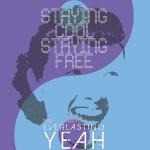 There are many arresting moments across the new Everlasting Yeah record, but there’s none better than the pure flow of ‘Myself When I Am Real’. Sure enough, you have great musicians with a provenance that goes back to The Petrol Emotion and then further, to Damian’s place in The Undertones. And for this track, they roll and coil for over seven minutes, relishing their simpatico groove, clearly aware that a cool thing is in process.
There are many arresting moments across the new Everlasting Yeah record, but there’s none better than the pure flow of ‘Myself When I Am Real’. Sure enough, you have great musicians with a provenance that goes back to The Petrol Emotion and then further, to Damian’s place in The Undertones. And for this track, they roll and coil for over seven minutes, relishing their simpatico groove, clearly aware that a cool thing is in process.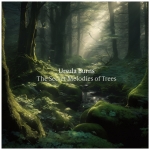 Ursula Burns has written a bunch of memorable lyrics over the years, from ‘Sinister Nips’ and ‘Continental Boys’, to ‘Small Square Parks’ and ‘Heartbreak Was Heartbreak’. But on the new record, words are banished and the harp has full dominion. It’s a chance to indulge and evoke, to let the maverick style contend with bardic traditions, Latino flourish and semaphore bleeps. It sounds rich and unfettered. As the album title suggests, the tunes indicate roots and blossom, endurance and ecology.
Ursula Burns has written a bunch of memorable lyrics over the years, from ‘Sinister Nips’ and ‘Continental Boys’, to ‘Small Square Parks’ and ‘Heartbreak Was Heartbreak’. But on the new record, words are banished and the harp has full dominion. It’s a chance to indulge and evoke, to let the maverick style contend with bardic traditions, Latino flourish and semaphore bleeps. It sounds rich and unfettered. As the album title suggests, the tunes indicate roots and blossom, endurance and ecology.  Eric Bell is the guitarist who convinced Phil Lynott and Brian Downey to join him in a band. Then he invented the name of the group: Thin Lizzy. That was December 1969, when he brought his character as a Belfast artist to the emerging Dublin scene, causing great things to happen.
Eric Bell is the guitarist who convinced Phil Lynott and Brian Downey to join him in a band. Then he invented the name of the group: Thin Lizzy. That was December 1969, when he brought his character as a Belfast artist to the emerging Dublin scene, causing great things to happen.
 He also created the bedrock riff that became ‘The Rocker’, an early example of Thin Lizzy swagger. But Eric was also wary of the showbiz world. It reminded him of his tiresome past on the Irish showband circuit. Therefore, he parted with the band after a stressful show in Belfast, New Year’s Eve, 1973.
He also created the bedrock riff that became ‘The Rocker’, an early example of Thin Lizzy swagger. But Eric was also wary of the showbiz world. It reminded him of his tiresome past on the Irish showband circuit. Therefore, he parted with the band after a stressful show in Belfast, New Year’s Eve, 1973. Eric Bell will receive his Legend Award at the Ulster Hall on November 13, 2024. He will also perform on the night with a special guest. This is part of the Northern Ireland Music Prize event, produced by the Oh Yeah Music Centre. Eric’s award is supported by PRS for Music.
Eric Bell will receive his Legend Award at the Ulster Hall on November 13, 2024. He will also perform on the night with a special guest. This is part of the Northern Ireland Music Prize event, produced by the Oh Yeah Music Centre. Eric’s award is supported by PRS for Music. You might know Susie Blue for the voice, the empathy and the disarming visuals. You suppose that Susie is singing us into a new nation that doesn’t submit to limits and hang-ups. But a further part of the Susie method is that you must not presume. There’s a new song called ‘Worst Side of Me’ that takes us on an alternative tour of the artist. If you want to be close, then you might have to consider the less attractive features. Just like a Nan Goldin picture, you get the messy context ahead of the nice stuff.
You might know Susie Blue for the voice, the empathy and the disarming visuals. You suppose that Susie is singing us into a new nation that doesn’t submit to limits and hang-ups. But a further part of the Susie method is that you must not presume. There’s a new song called ‘Worst Side of Me’ that takes us on an alternative tour of the artist. If you want to be close, then you might have to consider the less attractive features. Just like a Nan Goldin picture, you get the messy context ahead of the nice stuff.  Applause for Deci Gallen and his vaporous but lovely presence as LMINL. Once, he composed as the Jane Bradfords and connoisseurs of synth-swoon may remember ‘Golden Ticket’ with affection. Long story, but he has rejoined us with a new project and an album that is flecked with memory and sighs, like stray light in a derelict room.
Applause for Deci Gallen and his vaporous but lovely presence as LMINL. Once, he composed as the Jane Bradfords and connoisseurs of synth-swoon may remember ‘Golden Ticket’ with affection. Long story, but he has rejoined us with a new project and an album that is flecked with memory and sighs, like stray light in a derelict room.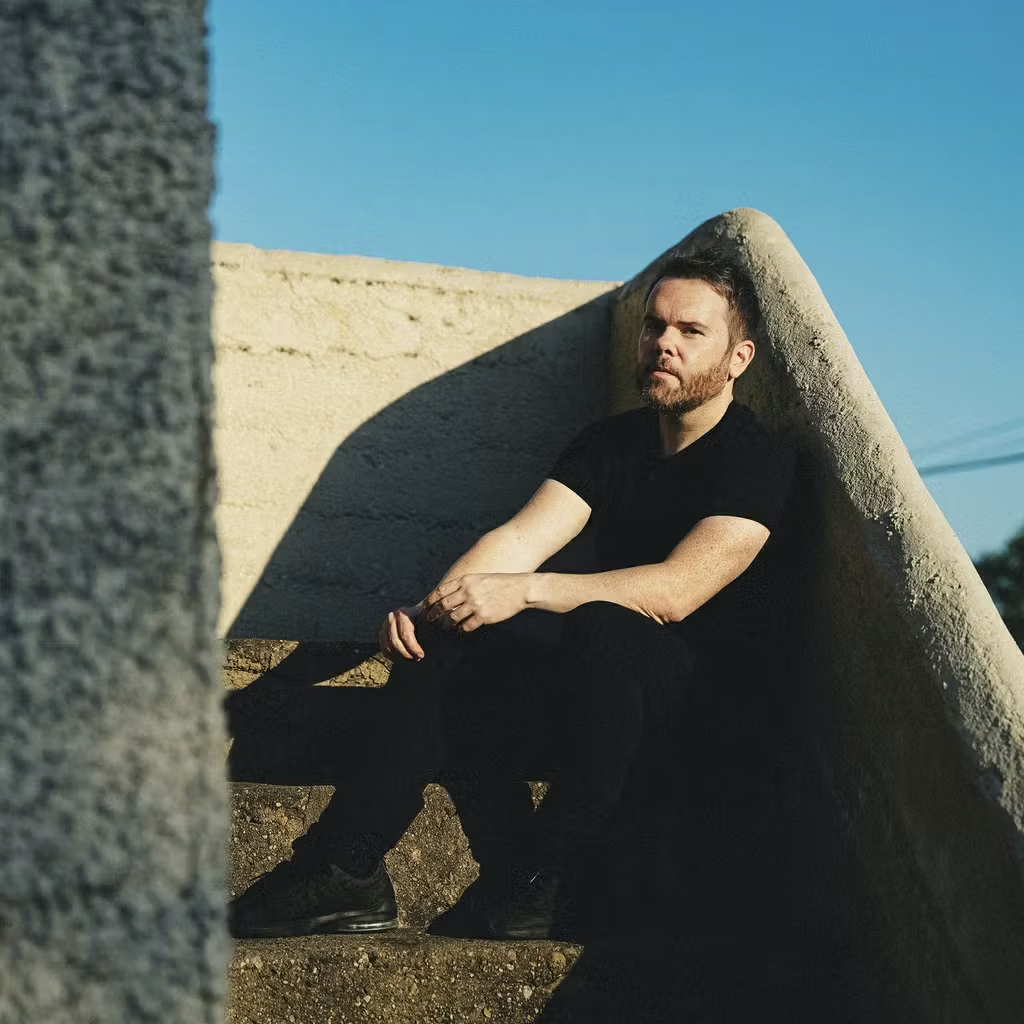

 Twitter
Twitter